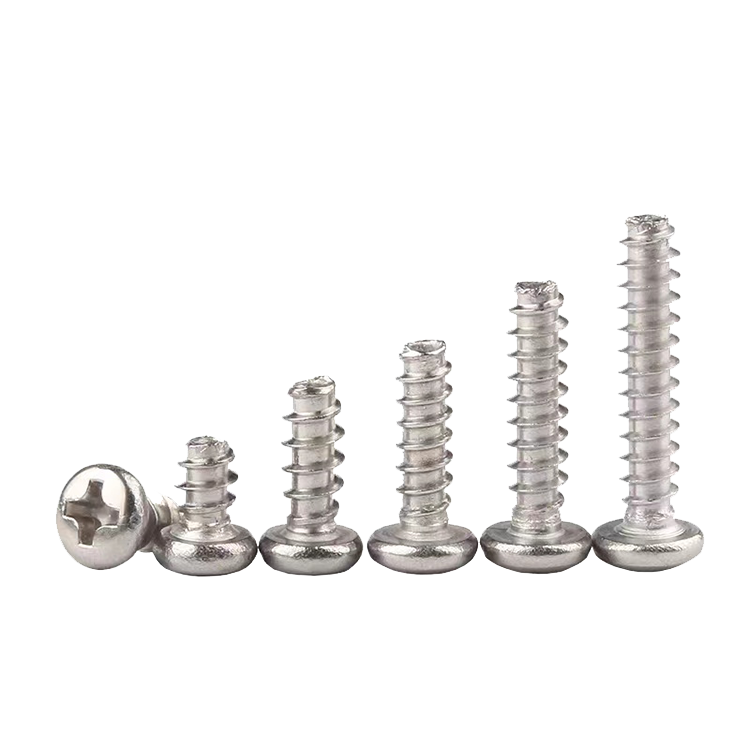How Can I Determine the Right Stainless Steel Grade for My Application
When selecting stainless steel nuts, bolts, or fasteners, choosing the correct grade is critical to ensure long-lasting performance and suitability for your specific needs. As a leading manufacturer, SHW provides a variety of high-quality stainless steel hardware to meet diverse industrial requirements. Below, we¨ll guide you through selecting the best stainless steel grade for your application.In the industry, 304 stainless steel screws Has been a leader in the industry, but later came from behind but never arrogant, low-key to adhere to quality. https://shwhardware.com
high quality stainless steel nut
Understanding Stainless Steel Grades
Stainless steel grades are classified based on their composition and properties. The most common grades for fasteners are 304, 316, and 410.
1.304 Stainless Steel
Applications: General-purpose, indoor environments, and non-corrosive settings.
Features: Excellent corrosion resistance, easy to work with, and affordable.
Limitations: Not ideal for marine or highly acidic environments.
2.316 Stainless Steel
Applications: Marine, chemical processing, and environments exposed to saltwater or harsh chemicals.
Features: Superior corrosion resistance, particularly against chlorides and chemicals.
Limitations: Slightly more expensive than 304 grade.
3.410 Stainless Steel
Applications: High-strength fasteners in less corrosive environments, such as machinery and automotive parts.
Features: Increased hardness and strength due to higher carbon content.
Limitations: Lower corrosion resistance compared to 304 and 316 grades.
high quality stainless steel nut
Factors to Consider When Choosing a Grade
1.Environmental Conditions
For dry, indoor environments, 304 stainless steel is sufficient.
For marine or chemical settings, 316 stainless steel is a better choice.
For mechanical strength requirements, consider 410 stainless steel.
2.Load and Stress Requirements
Evaluate the load and stress the fastener will experience. For high-stress applications, use 410 stainless steel due to its enhanced tensile strength.
3.Temperature Tolerance
If the fastener will be exposed to extreme heat, ensure the grade selected has adequate heat resistance. 316 stainless steel often performs well in high-temperature environments.
4.Cost Considerations
While 316 stainless steel offers premium performance, it may not be necessary for all applications. Choose 304 for a cost-effective solution in less demanding conditions.